Chinese customers buy into ‘elixir of youth’
While nicotinamide mononucleotide products with alleged “anti-ageing” properties are yet to be approved for sale as food or drugs in China, the Chinese are intrigued.

(By Caixin journalists Fan Qiaojia, Wang Zipei and Kelly Wang)
Chinese consumers have bought into the global craze for nicotinamide mononucleotide, or NMN, a product with supposed “anti-ageing” properties that’s been touted by sellers as an “elixir of youth”, which has topped sales on cross-border e-commerce platforms in recent years.
Users mention improved sleep quality as one of its benefits, while others rave in online testimonials that it is a miracle remedy that boosts energy, sharpens hearing and vision and even accelerates nail growth. Despite lacking a breakthrough in human clinical trials, the global NMN market size was estimated to grow to over US$400 million by 2028, market research firm Bosson Research said in a 2022 report.
NMN, a molecule that is naturally made by the human body, is a precursor to a coenzyme that contributes to cellular metabolism whose levels fall with age. It first gained fame in the US in the early 2010s following research indicating that supplementation of NMN could extend the lifespans of mice in tests, before the “anti-ageing drug” caught the attention of Chinese consumers in 2020.
In the summer of that year, products began appearing on the top ten list in sales of health and nutrition supplements on e-commerce giant JD.com. To date, the “beauty-enhancing NMN” best-seller list on the platform is being followed by hundreds of thousands of users.
However, NMN products are yet to be approved for sale as food or drugs in China, where consumers can only purchase them on cross-border e-commerce platforms, such as JD.com. But as they are yet to undergo human clinical trials that could demonstrate its efficacy and safety, industry experts are cautioning consumers about the varying quality of products on the market and calling for a standardised regulatory environment.
NMN, a naturally occurring molecule in all life forms, is a driving force in the body’s production of NAD+, or nicotinamide adenine dinucleotide, which plays a crucial role in supporting cellular metabolism.
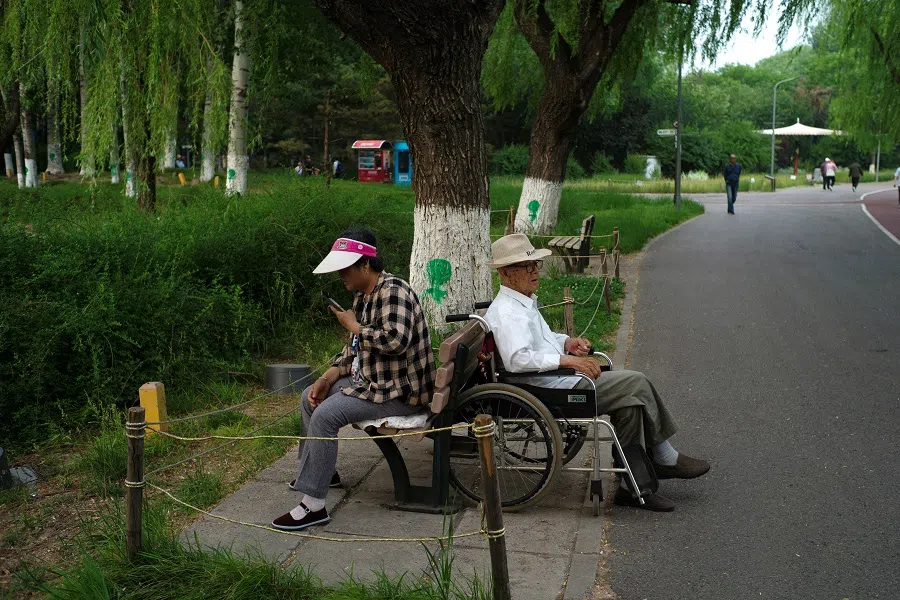
Ironically, China is the largest source of the raw materials used to make it and boasts the largest user base of the end product, a leading Chinese NMN manufacturer said in 2022.
Its global popularity is not surprising as people’s relentless pursuit of longevity isn’t new. And as the world’s population is living longer, the study into anti-ageing drugs has become a focus of researchers seeking to extend healthy human lifespans, with views toward innovations in the field changing.
“The mindset around anti-ageing medicine has transformed our understanding of age-related diseases and their treatment,” said Wang Zhao, a professor at Tsinghua University’s School of Pharmaceutical Sciences. “Treating ageing itself, rather than any specific disease, will be a major revolution, improving the health of billions of people,” he told Caixin.
What is NMN?
NMN, a naturally occurring molecule in all life forms, is a driving force in the body’s production of NAD+, or nicotinamide adenine dinucleotide, which plays a crucial role in supporting cellular metabolism. Research has shown that human NAD+ levels plummet to half that of our youth by middle age, contributing to the ageing process.
In 2013, Harvard Medical School Professor David Sinclair published a paper in Cell, a journal that reports findings in experimental biology, stating that increasing cellular NAD+ levels with NMN in mice was able to extend their lifespan by 30% after one week.
Subsequent research has noted supplementing NMN may be an “effective nutraceutical anti-ageing intervention,” according to a 2020 paper published in Integrative Medicine: A Clinician’s Journal. The products’ popularity also grew quickly after being promoted by celebrity influencers, including Kim Kardashian, who injected NAD+ solution during an episode of her reality show in 2022.

The popularity of companies linked to its production has also soared. Xiamen Kingdomway Group Co. (Kingdomway, 厦门金达威集团股份有限公司), a leading health and nutrition product manufacturer headquartered in the East China’s Fujian province, bought Doctor’s Best, a US company selling NMN products, in July 2020. Following the announcement, its stock price soared from 29.15 RMB (US$4.02) on 5 July 2020, to a historical high of 64.48 RMB marked in intraday price on 3 August that year.
NMN products have appealed to not only the middle-aged and the elderly, but also the younger population who hope to extend their healthy life span by as much as possible before entering old age.
Who’s buying?
The appeal of NMN spans generations. Weiwei’s father, in his 50s, had problems sleeping and had tried numerous methods to alleviate his condition, but with little success. Upon learning through a news app that NMN could enhance sleep quality, he decided to give it a try and consequently was able to sleep better.
Despite being labeled as an “anti-ageing medicine”, NMN products have appealed to not only the middle-aged and the elderly, but also the younger population who hope to extend their healthy life span by as much as possible before entering old age.
Ren Jie, 30, said she felt “invigorated” upon taking NMN, getting a sensation akin to having exercised or done yoga the day before, waking up in the morning full of energy. “It’s not like the palpitations and pressure felt after drinking coffee,” she told Caixin.
Another user Da Wang told Caixin they began taking NMN at the age of 26 as a “precautionary” measure.
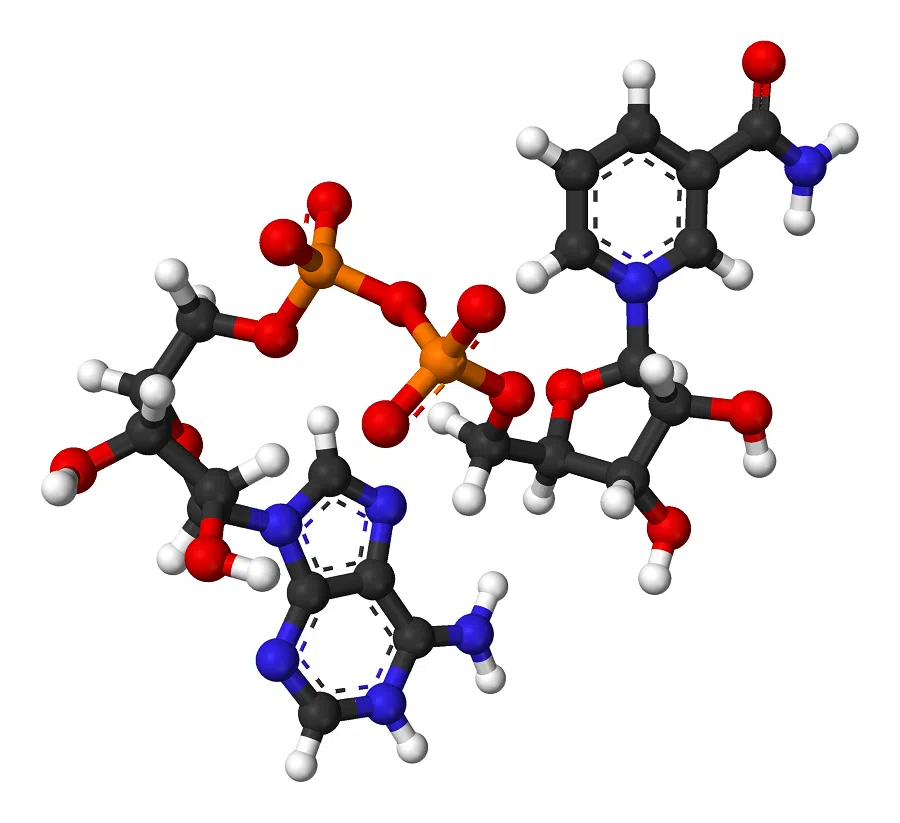
The demographic interested in anti-ageing supplements is from 35 to 50 years old, and NMN has a high repurchase rate, said Wang Zhichao, head of the nutritional supplement sales department at Humansa, a health management organisation under Hong Kong conglomerate New World Development Group Co. Ltd.
However, some medical experts suggest that the younger population already has high levels of NAD+ in their bodies, making supplementation unnecessary, according to Liu Nan, founding director of a cross-research laboratory on ageing mechanisms under the Shanghai Municipal Science and Technology Commission.
Chao Yong, 38, found he would quickly become hungry, frequently felt drowsy, and experienced a feeling similar to “pain and itchiness” on his scalp while taking NMN.
Currently, online purchases of NMN do not require a prescription and enthusiasts often take them at their own discretion. While some users say NMN improves their sleep quality, others have abandoned it after experiencing significant side effects.
Chao Yong, 38, found he would quickly become hungry, frequently felt drowsy, and experienced a feeling similar to “pain and itchiness” on his scalp while taking NMN. He told Caixin that he stopped taking it after three days.
Weiwei’s father also felt some chest discomfort upon taking NMN. Specialists at a traditional Chinese medicine hospital in East China’s Jiangsu province advised him against using it, saying such health supplements are “pricey” with “no apparent effect,” Weiwei told Caixin.

Indeed, when the products debuted on the Chinese market, they cost as much as tens of thousands of RMB for a month’s supply. Later, more affordable products emerged, although prices varied significantly between brands, ranging from around 900 RMB to 19,000 RMB for a bottle of 60 capsules, according to the advertised prices seen by Caixin on JD.com.
Muddled market
Insufficient scientific data on human clinical trials of NMN and risks associated with long-term or excessive use that remain unknown have made the path to compliance for NMN in China particularly convoluted.
In 2016, an official document issued by 11 departments allowing vitamins and their derivatives to be imported via cross-border e-commerce platforms provided a legal channel for NMN products, considered derivatives of vitamin B, to be sold to Chinese consumers.
After the product gained fame on the mainland in 2020, the State Administration for Market Regulation issued a letter in early 2021 to investigate the “illegal sales of ‘elixir of youth’”, clearly stating that NMN had not obtained the requisite licenses in China and could not be produced or sold as a food.
Signs that the policy may be relaxed emerged toward the end of that year, with the National Health Commission (NHC) calling for a safety assessment for NMN as a new food ingredient and recommending research into standardised development.
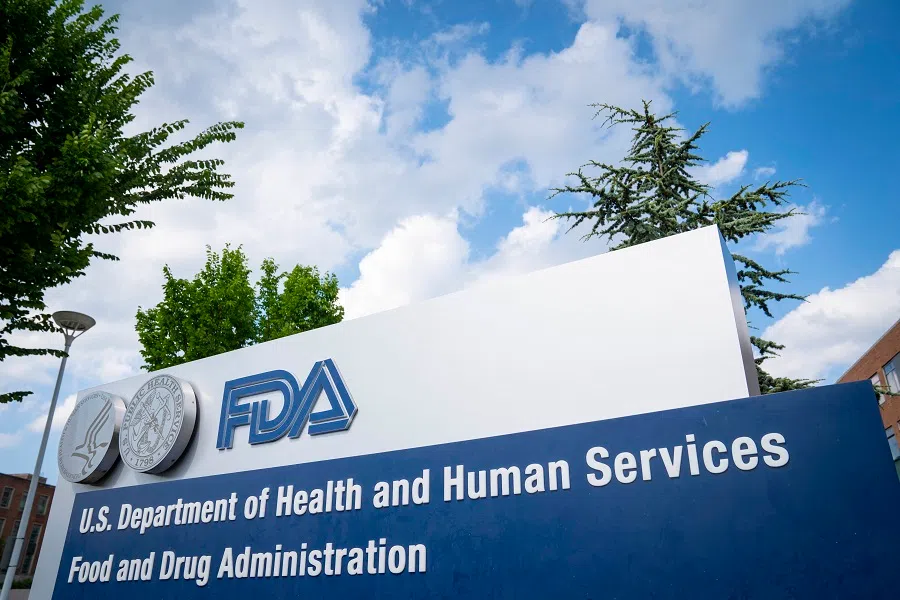
However, NMN was not named among the latest new food additive varieties announced by the NHC in May 2023. Prior to that, the US Food and Drug Administration had rejected Kingdomway’s application for its NMN product to be classified as a dietary supplement.
The lack of formal approval processes has made it difficult to ensure product quality, clarify indications for the medicine’s use, and maintain standardised marketing practices.
When Weiwei tried to select NMN products for her father, she was frustrated by the challenges in determining the quality of various products.
“Finding information was difficult due to limited availability,” she said.
“Although China is the world’s largest producer of NMN raw materials and the largest consumer of end products, the market is frequently in disarray, with product quality varying greatly,” Kingdomway noted in its 2022 annual report.
“It is imperative for the industry to undergo standardisation to reduce market chaos and promote healthy market development,” it added.
Research difficulties
The World Health Organization defines ageing as the result of molecular and cellular damage accumulating over time.
In China, where people over 60 years old are estimated to account for 30% of the population by 2035, the gap between lifespan and healthy life expectancy — 78.2 years and 68.7 years, respectively — indicates that the population would live approximately ten years with illness or failing health.
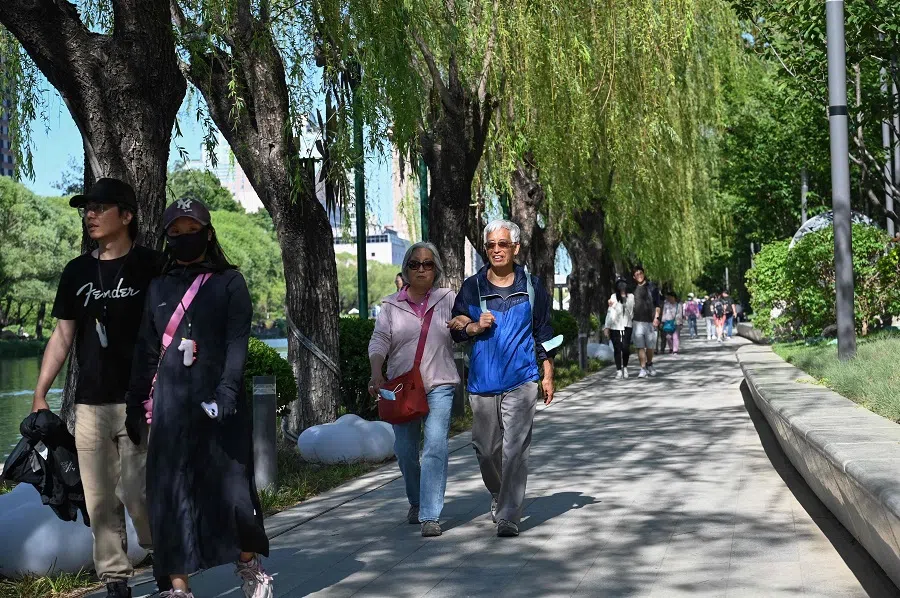
As ageing is the primary risk factor for most chronic human diseases, including cardiovascular disease, cancer, and neurodegenerative disorders, the goal of many anti-ageing researchers is to slow down or reverse this process through various means.
However, the challenge lies in translating the findings of intervention measures seen effective in animal models into human applications due to biological, economic and ethical challenges, industry insiders have noted.
... it normally takes ten years for new drugs or supplements to go from the research and development stage to market. However, the NAD+ supplements were introduced onto the market in a much shorter time frame. — Zheng Zijun, Chief Operating Officer, Humansa
“First, what is effective in animals may not necessarily be effective in humans; second, most experiments use short-lived animals, and the extent of intervention on long-lived animals still requires further research; third, human lifespans are longer, making experiments on humans costly in terms of time and difficult to control due to variables such as individual lifestyle differences,” said Professor Wang from Tsinghua.
The chief operating officer at Humansa, Zheng Zijun, said it normally takes ten years for new drugs or supplements to go from the research and development stage to market. However, the NAD+ supplements were introduced onto the market in a much shorter time frame.
In addition, those opposing the development of drugs to treat ageing as a symptom view intervening in the human lifespan as inappropriate.
“No one would argue against treating cancer. But as soon as ageing is mentioned, there will inevitably be someone claiming that pursuing immortality raises ethical issues,” said Liu from the Shanghai Municipal Science and Technology Commission.
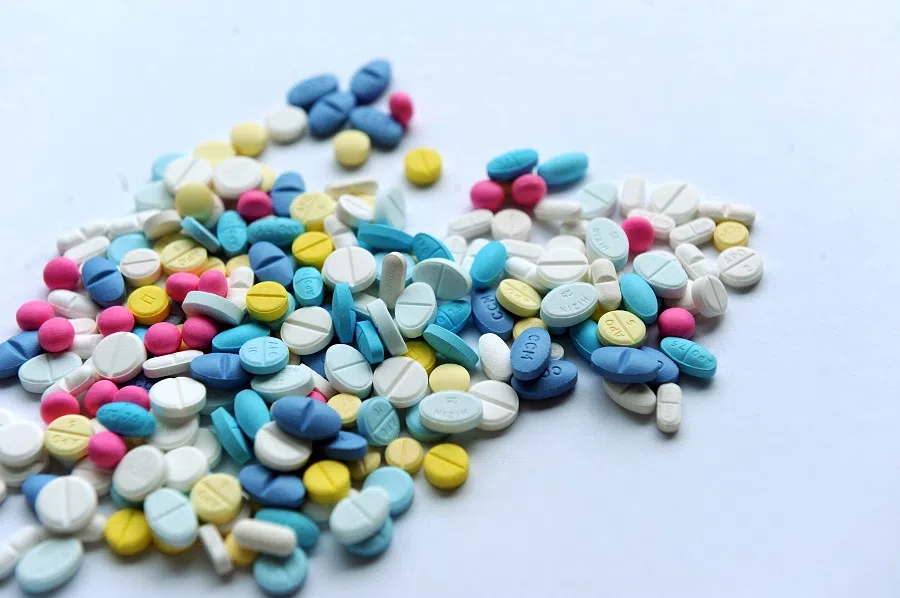
Besides NMN, researchers are also looking for other anti-ageing drugs or supplements, with a number of potential pharmacological intervention strategies in the works. Some teams are also using artificial intelligence (AI) technology to accelerate drug development, hoping to overcome the limitations of structure-based molecular design and identify more effective candidates.
While some international industry players believe Asia holds a competitive edge in leading the preventive health management market, with its long-standing practices in holistic health, a vast elderly population and significant market potential, domestic institutional capital remains relatively cautious.
“Everyone knows the market is enormous, but the outlook is very unclear,” said Liu Dan, a veteran investor in the healthcare industry.
(Ren Jie, Weiwei, Chao Yong and Da Wang are pseudonyms.)
Xu Wen contributed to the story.
This article was first published by Caixin Global as “In Depth: Chinese Customers Sold on ‘Elixir of Youth’ Despite Expert Warnings”. Caixin Global is one of the most respected sources for macroeconomic, financial and business news and information about China.



![[Video] George Yeo: America’s deep pain — and why China won’t colonise](https://cassette.sphdigital.com.sg/image/thinkchina/15083e45d96c12390bdea6af2daf19fd9fcd875aa44a0f92796f34e3dad561cc)
![[Big read] When the Arctic opens, what happens to Singapore?](https://cassette.sphdigital.com.sg/image/thinkchina/da65edebca34645c711c55e83e9877109b3c53847ebb1305573974651df1d13a)
